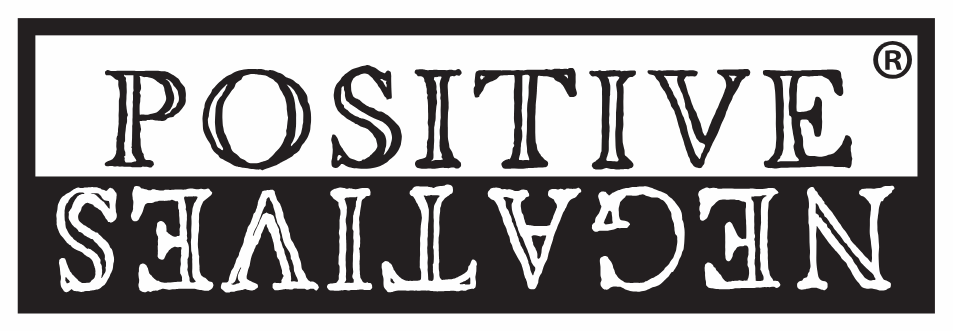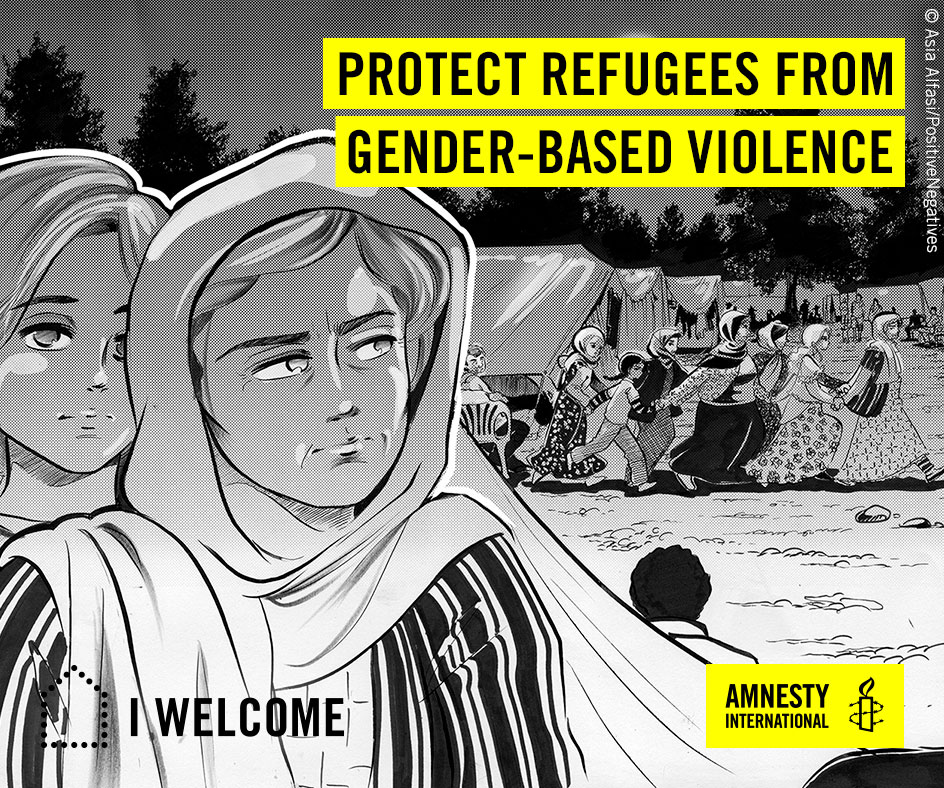
Many women are forced to cope with fear and violence in Greece’s overcrowded refugee camps. Approximately 60,000 refugees and migrants are stranded there because EU leaders have made it impossible for them to travel further north. Most live in appalling conditions. Camps often have poor lighting and lack separate toilets or showers.
This is a particular worry for women and girls: “We stay in groups and only go to sleep when we are really tired,” said one woman with a six-year-old girl. “At night we don’t leave our tents and our children are forced to go to the toilet inside.” In response, Yezidi women in one camp formed a “protection circle” to protect themselves, going to the toilet in groups and looking after each other because the authorities aren’t doing enough to help.
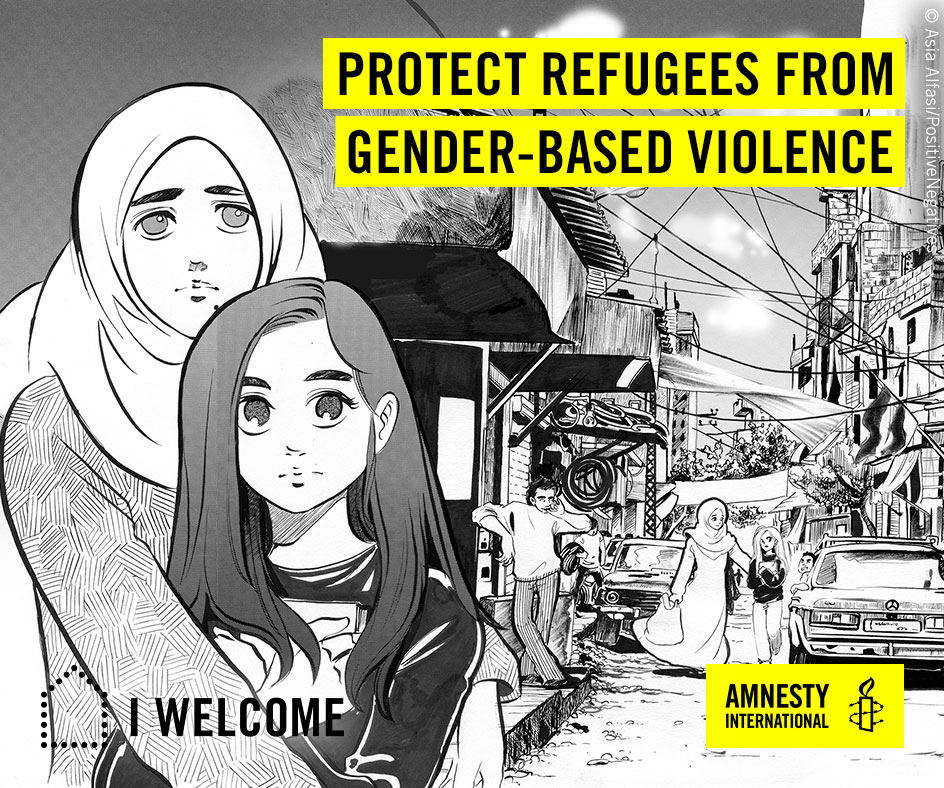
“Harassment [of refugee women] is a very big problem in Lebanon. Whether I’m single or married, I’m always harassed. I have a daughter aged 16 and I’m afraid to send her even to the closest shop. Once a private car stopped and offered me a ride. I got in and sat in the back. The man started telling me that he would give me money and take me to a very beautiful house and make up for everything I had lost. He asked me to come and sit by his side. I tried to act like I wasn’t terrified. When he stopped, I got out of the car and phoned people I knew to come pick me up.”
Maryam (not her real name) is a Syrian woman who fled to Lebanon with her family in 2013.
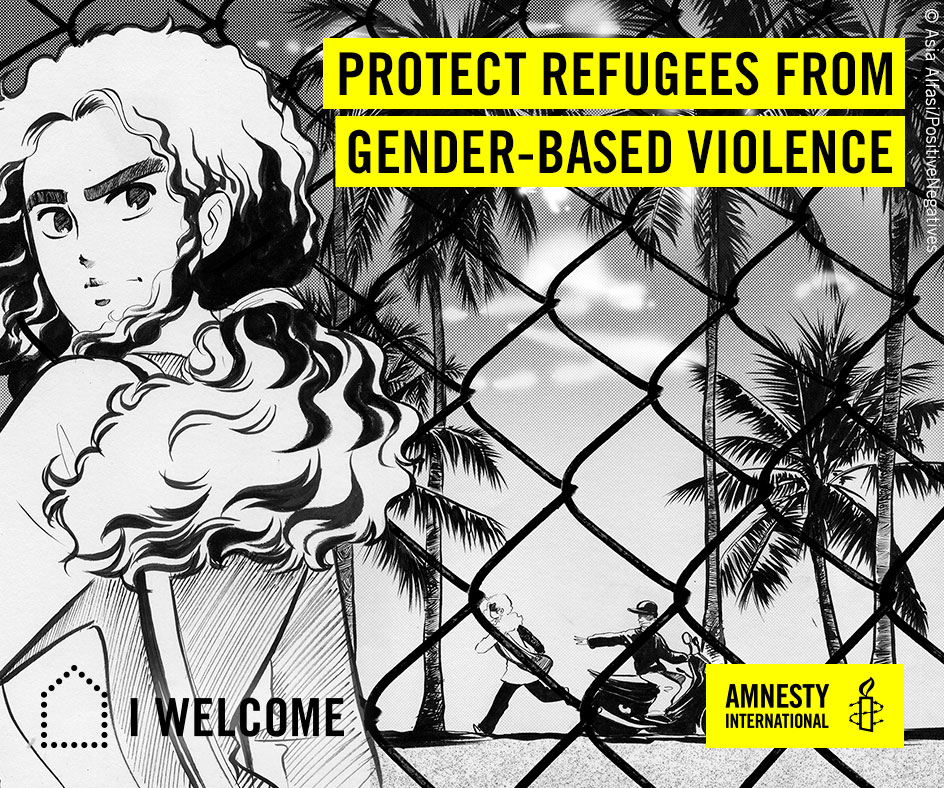
“We don’t have our own transport so we have to walk everywhere. I can barely go outside on my own. Once a guy gave me a ride on his motorbike. He tried to take me to the “jungle” [forest] – I jumped off and hurt myself. I got a job in a shop, but other employees started touching my body so I left. Another time a guy offered me a “government job” in exchange for “staying with him” [in exchange for sex]. Is it a crime to seek asylum? Maybe it’s “illegal” to come by boat, but do we deserve to be confined here for three years for this?”
After Mahta (not her real name) fled to Australia from Iran with her husband and her two children because of religious persecution, they were sent to a remote pacific island, Nauru, for “processing”.
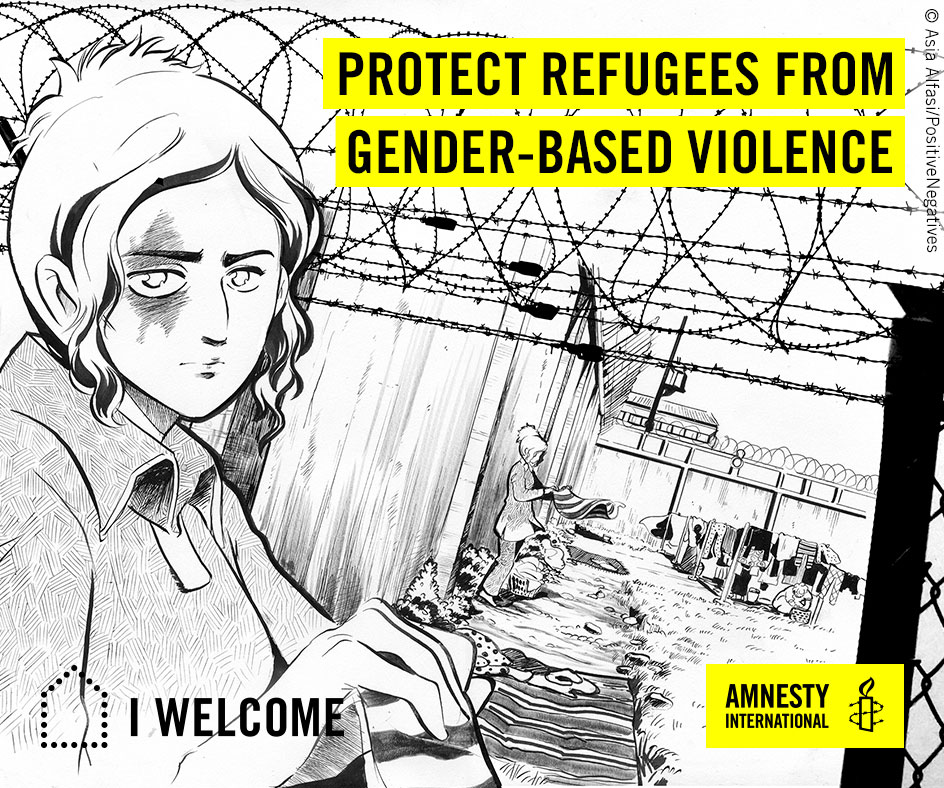
“I couldn’t live peacefully in El Salvador. Police officers followed me around, extorting money, harassing me and beating me up. They said they didn’t like me because of who I am. I was threatened by gangs as well. I believe I was threatened because of who I am. I decided to leave the country. On the way I got beaten and robbed again. [The authorities] arrested me. Then they deported me back to El Salvador. Now I’m afraid I will get attacked again so I have decided it will be better to emigrate again. It’s impossible to live in this country anymore, I always feel unsafe.”
Patricia (not her real name) is a 32-year-old transgender woman. She applied for asylum in in Mexico late 2015 but her claim was denied.
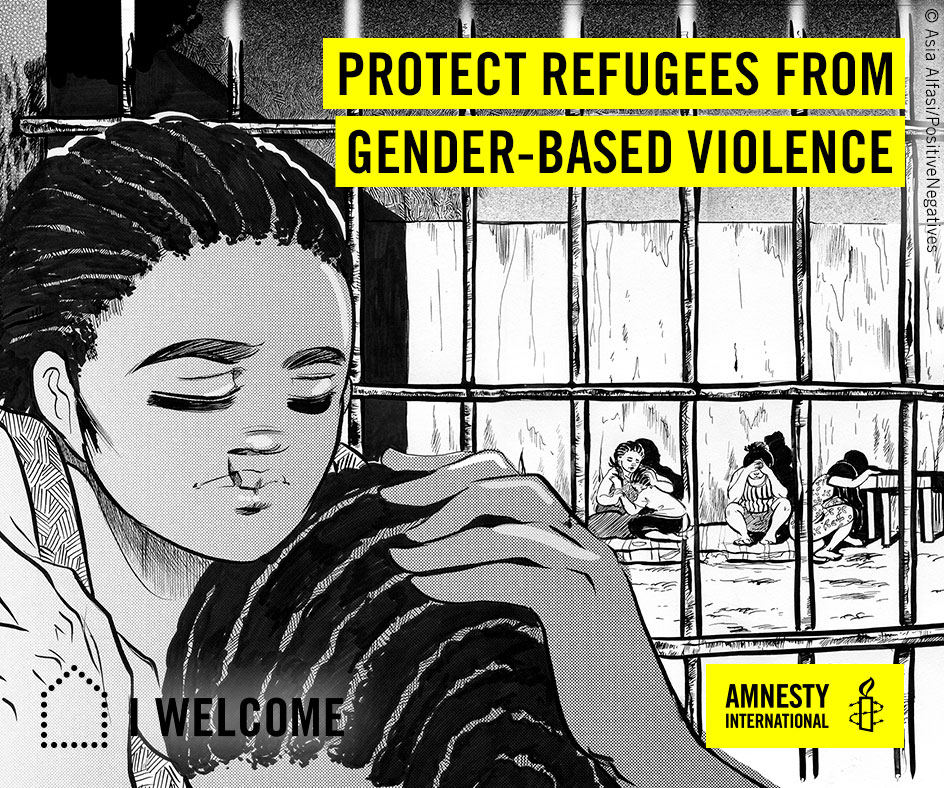
“We arrived in Libya in May [2015]. Some men kidnapped us. They said we should bring money. I told them I had none. They slept with all the women every night. One of the new girls asked me why I always cried. I told her I couldn’t leave and had spent seven months there. She got someone to pay for me and said I should go with her to Italy.”
“When I saw the sea and the boat, I was scared. They were pushing us and shouting ‘get in’!’ I cried when the Italian people rescued us. We all survived. Now I’m seeking protection – I want to stay in Italy, I want to learn Italian.”
Ada (not her real name) fled from Nigeria in 2015.
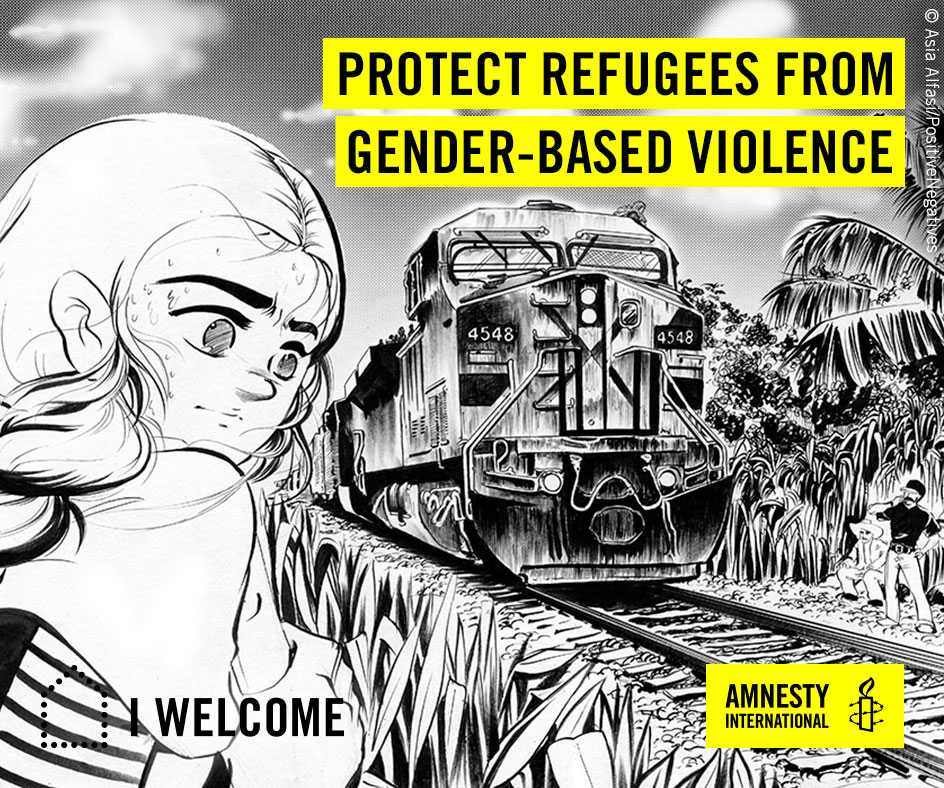
“I left Honduras because my brother was killed by a gang. They killed him in front of me and my mother. They didn’t end up in prison and they threatened me. I went to central Mexico by riding on top of a freight train. I got pregnant after I was raped by a drug dealer. I turned myself in to the Mexican migration authorities and they sent me back to Honduras, where I gave birth to my son. In March 2016, I came back to Mexico with my sister and another woman. All three of us were raped. I asked for asylum. The lawsuit against my brothers’ murderers is still active. None of them are in prison, probably because they have money.”
Diana (not her real name) now lives in Mexico where she works in a factory. Her son is still in Honduras with her mother.
© Asia Alfasi/PositiveNegatives/Amnesty International
